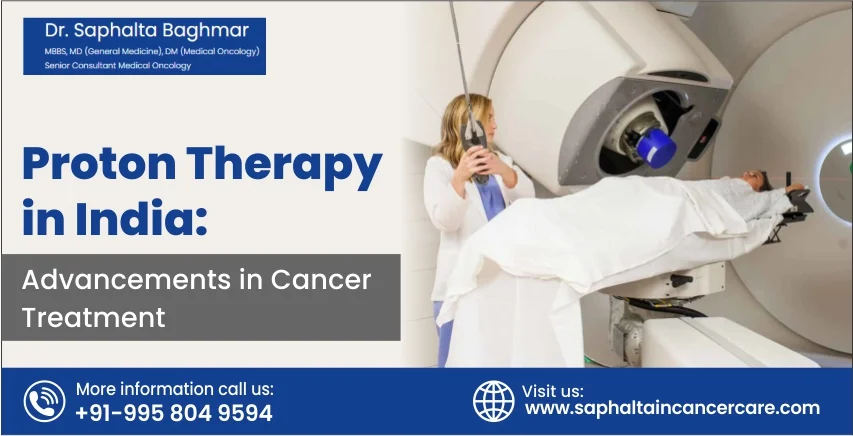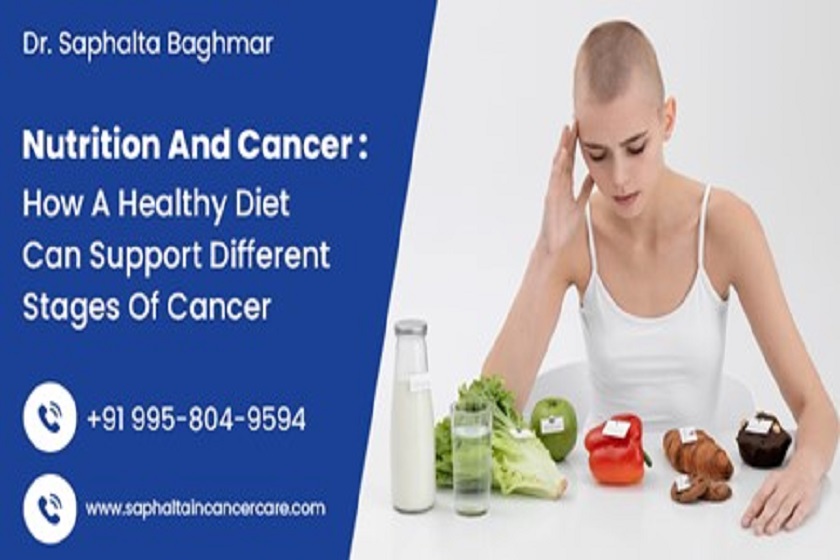Viral Infections are linked to several cancers, and preventive vaccines can help reduce your risk of developing them. For instance, the Human Papillomavirus (HPV) alone can cause cervical, vulvar, and vaginal cancers, precancerous lesions, and genital warts. But studies have found effective ways to prevent such cases through specialized preventive vaccines. So, if you are interested in taking these vaccines, consult Dr. Saphalta today and learn how to protect yourself against these deadly diseases!
Cancer is one of the leading causes of death worldwide, and vaccines could play a key role in preventing the disease. One promising approach is using viruses to develop host-cellular immunity against various types of cancers! This approach is known as virotherapy. A clinical trial of a virotherapy vaccine for melanoma, the deadliest form of skin cancer, showed that the vaccine was safe and induced an immune response in patients. The study was published in The Lancet Oncology in 2016.
Are there vaccines that prevent cancer?
Yes, some vaccines are available to prevent cancer. These vaccines are based on the principle of virotherapy and have been shown to be safe and effective in clinical trials.
How does the cancer prevention vaccine work?
Antigens, found on the surface of cells, are substances the body thinks are harmful. The immune system attacks the antigens and, in most cases, gets rid of them. This leaves the immune system with a "memory" that helps it fight those antigens in the future.
Cancer treatment vaccines boost the immune system's ability to find and destroy antigens. Cancer cells often have certain molecules called cancer-specific antigens on their surface that healthy cells do not. When a vaccine gives these molecules to a person, the molecules act as antigens. They tell the immune system to find and destroy cancer cells with these molecules on their surface.
Can the cancer prevention vaccine be used to treat cancer?
The cancer prevention vaccine is not currently approved for the treatment of cancer. They are presently given just as preventive therapy. However, clinical trials are ongoing to evaluate the safety and efficacy of the cancer prevention vaccine in cancer treatment.
What are the side effects of the cancer prevention vaccine?
The most common side effect of the cancer prevention vaccine is injection site reactions, such as pain, redness, and swelling. Other side effects include fatigue, flu-like symptoms, and nausea.
Quadrivalent Gardasil Vaccine
This vaccine targets four variants of the Human Papillomavirus, HPV 6, 11, 16, and 18, that are responsible for 70 to 80% of cases of cervical cancer and 90% of cases of genital warts.
The vaccine contains the L1 proteins in the protein coat, or capsid, of all 4 HPV variants. It can be prescribed for both male and female adolescents between 9 to 15 years of age, and young women up to the age of 25. Doctors administer it directly into the muscles in three doses. The second and third doses are given 2 and 6 months after the first dose, respectively.
Studies have shown that the vaccine evokes a good immune response in the human body without causing infection. It provides resistance against vulvar and vaginal precancer cancer, cervical cancer, precancerous lesions, and genital warts.
Women over 26 years of age can also take vaccine but the benefit is lesser. In cases of yeast allergies, pregnancy, and moderate to severe illness, a doctor's consultation is important before taking the vaccine.
Nano Gardasil Vaccine(Gardasil 9)
This vaccine targets 11 variants of Human Papillomavirus, HPV 6, 11, 16, 18, 31, 33, 45, 52, and 58. It is similar to the quadrivalent Gardasil vaccine but is effective on a wider age spectrum and against more variants.
Gardasil 9 contains the L1 protein extract from the 9 HPV variants, arranged in a virus-like manner for the human body to recognize.
One dose is administered to males and females between 9 to 14 years of age. For individuals of 15 years and above, 2 doses are prescribed, with the second dose given between 2 - 4 months after the first dose.
Studies have found this vaccine effective against precancerous lesions, cervical, vulvar, vaginal, and anal cancers, and genital warts.
Individuals with yeast allergies, pregnancy, or illnesses must consult with a doctor before taking the vaccine.
Things To Know Before Getting A Cancer Vaccine
Vaccines to prevent cancer in India are safe to use and proven effective. However, as these drugs play a crucial role, you need to make sure your body is prepared for the dose, and there are no chances of side effects.
Listed below are some important things to consider before vaccination.
- If you have a fever or any acute health condition, waiting until you recover to get vaccinated is best.
- If you have a chronic illness, talk to your doctor and make sure it is safe for you to get the vaccine. The doctor would tell you if you need to take any precautions.
- Consider the right age for getting the vaccine. These drugs are most effective on a certain age group and can act adversely on others. So make sure you are of the eligible age.
- If you are pregnant or taking any prescribed medications, talk to your doctor and ensure the vaccine is safe.
FAQ'S
Cost of cancer-preventing vaccines in India
The administration of preventive vaccines for cancer is highly affordable for the most widespread access.


